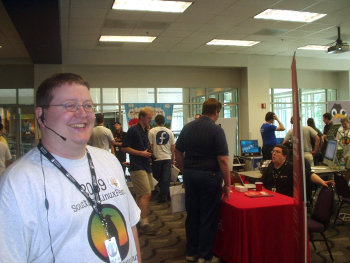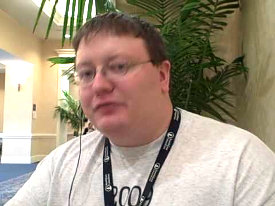Free open source software. FOSS. The vision of one man…a vision tenacious enough to catch fire and spread around the globe. Free open source software is a staple of the enterprise for most of the world. We have one man to thank for that. Richard Stallman’s courage and foresight will be known and built upon long after we are gone. His contribution is truly his timeless, global legacy.
 The only sad part of the story, at least so far, is that the United States has stubbornly dug in her heels. She has chosen to pay homage to the Microsofts and the Apples in our nation. We remain as one of the only nations in the world that openly shuns FOSS in the enterprise. We not only shun it, we work directly against it in the halls of our Senate. That’s due to one simple thing.
The only sad part of the story, at least so far, is that the United States has stubbornly dug in her heels. She has chosen to pay homage to the Microsofts and the Apples in our nation. We remain as one of the only nations in the world that openly shuns FOSS in the enterprise. We not only shun it, we work directly against it in the halls of our Senate. That’s due to one simple thing.
Money.
Ken Starks is the founder of the Helios Project and Reglue, which for 20 years provided refurbished older computers running Linux to disadvantaged school kids, as well as providing digital help for senior citizens, in the Austin, Texas area. He was a columnist for FOSS Force from 2013-2016, and remains part of our family. Follow him on Twitter: @Reglue


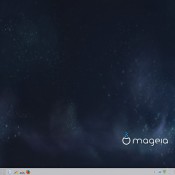



 The Linux Foundation, ever in the forefront of shaping the future of Linux, has announced the 2015 Linux Training Scholarship Program, which aims to provide educational funds “to up-and-coming developers and sysadmins who show incredible promise…but do not otherwise have the ability to attend Linux Foundation training courses,” according to a page on the
The Linux Foundation, ever in the forefront of shaping the future of Linux, has announced the 2015 Linux Training Scholarship Program, which aims to provide educational funds “to up-and-coming developers and sysadmins who show incredible promise…but do not otherwise have the ability to attend Linux Foundation training courses,” according to a page on the 
 The neglect he mentions has caused more than a few near misses that fell inches short of disaster, with two major incidents happening last year alone.
The neglect he mentions has caused more than a few near misses that fell inches short of disaster, with two major incidents happening last year alone.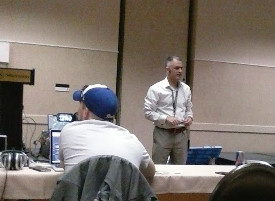

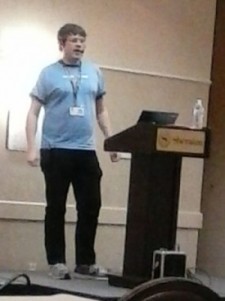
 Somehow I managed to get up on time to make the hour and a half trip from my house to the Charlotte area in plenty of time for the 9 A.M. opening, groggy from only getting about three hours sleep, then wondered why I bothered arriving early. After all, the first presentation I planned to attend wasn’t until 11:30, and with no keynote address scheduled for Friday morning, that left me with a lot of time on my hands.
Somehow I managed to get up on time to make the hour and a half trip from my house to the Charlotte area in plenty of time for the 9 A.M. opening, groggy from only getting about three hours sleep, then wondered why I bothered arriving early. After all, the first presentation I planned to attend wasn’t until 11:30, and with no keynote address scheduled for Friday morning, that left me with a lot of time on my hands.

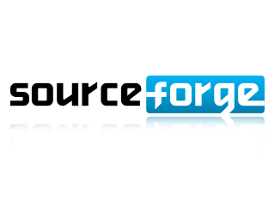
 Newer converts to open source probably don’t know much about the site, but it wasn’t long ago when Linux users were very aware of SourceForge and how to use the service, at least well enough to download software — perhaps more aware than they wanted to be. It was the go-to site when looking for a program not available in a particular distro’s repository. Not anymore. Not for a while. These days, the more important projects have either migrated to GitHub or are hosting their own.
Newer converts to open source probably don’t know much about the site, but it wasn’t long ago when Linux users were very aware of SourceForge and how to use the service, at least well enough to download software — perhaps more aware than they wanted to be. It was the go-to site when looking for a program not available in a particular distro’s repository. Not anymore. Not for a while. These days, the more important projects have either migrated to GitHub or are hosting their own.